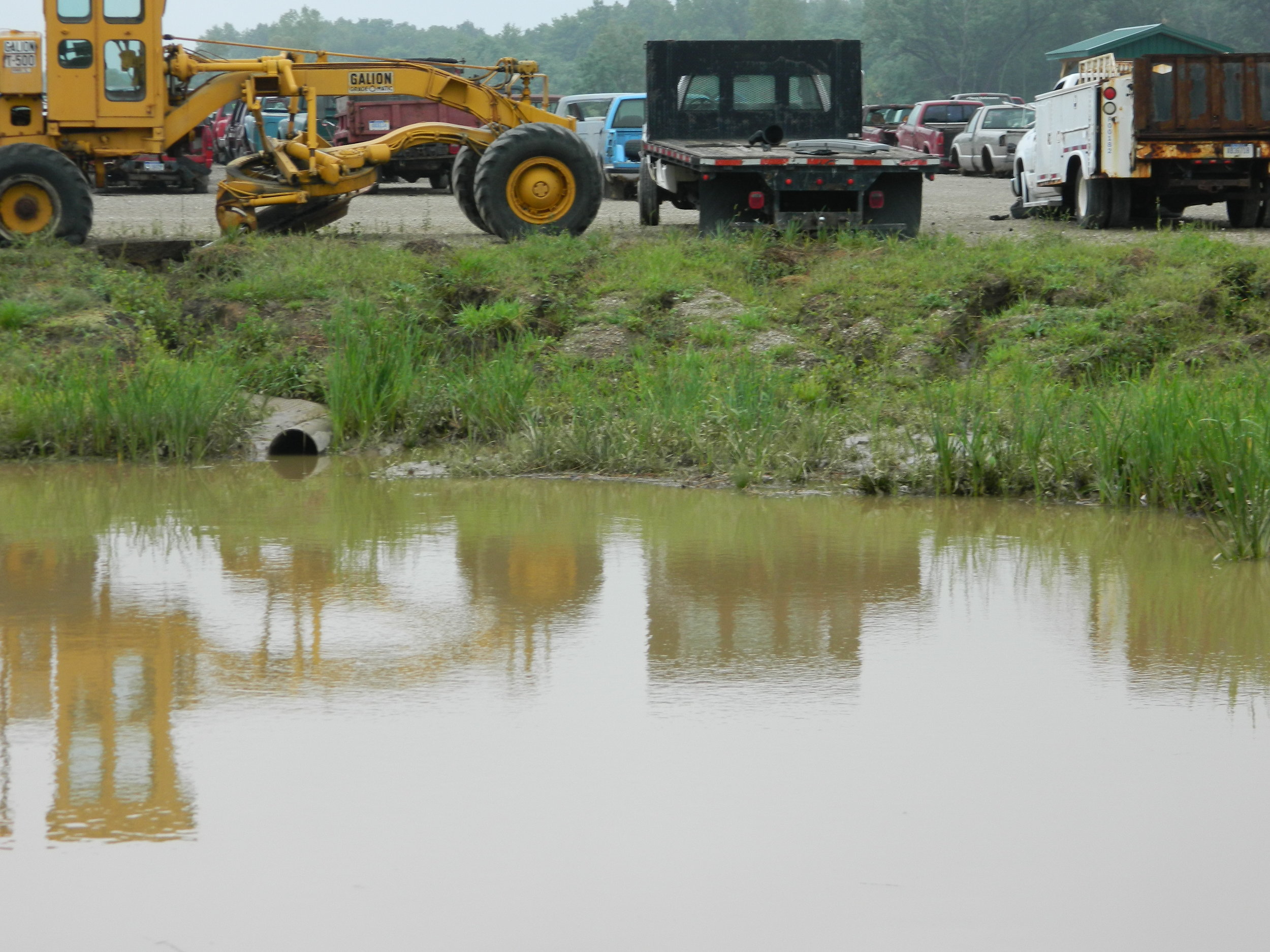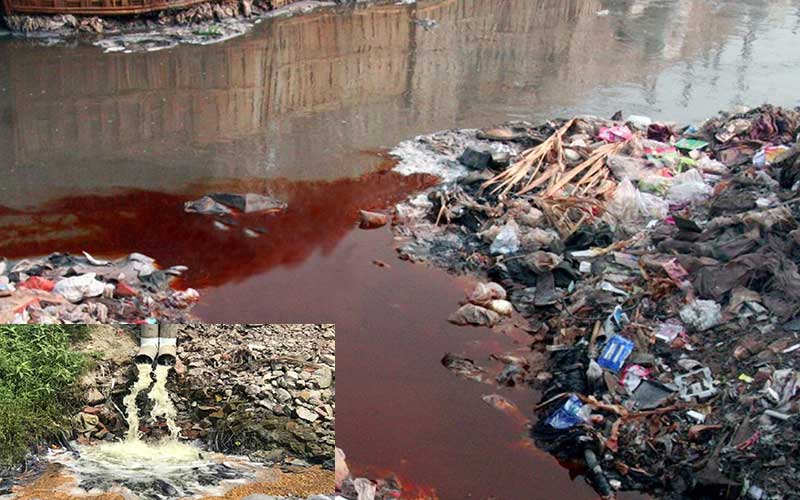Understanding the Comprehensive Refine of Liquid Garbage Disposal: Finest Practices and Environmental Impact Factors To Consider
The administration of fluid waste disposal is a diverse issue that requires a detailed understanding of various ideal practices and their associated environmental impacts. From the kinds of fluid waste produced to the methods employed for collection, treatment, and final disposal, each step plays a crucial role in securing ecological communities and public wellness.
Sorts Of Fluid Waste
Comprehending the different types of liquid waste is crucial for efficient management and disposal methods. Liquid waste can be extensively categorized into numerous kinds, each calling for distinct handling and therapy methods.
Industrial liquid waste usually consists of unsafe materials, consisting of hefty steels, solvents, and chemicals, created during producing processes. These wastes demand stringent regulative compliance to secure human health and wellness and the atmosphere. Domestic fluid waste primarily describes wastewater generated from households, consisting of sewage and greywater, which, although much less toxic, can still position considerable risks if incorrectly managed.
Agricultural fluid waste, including overflow from farms, usually consists of fertilizers and pesticides that can result in environmental degradation otherwise dealt with sufficiently. Clinical fluid waste, generated from medical care facilities, consists of infected liquids such as physical liquids and chemicals, requiring specialized disposal methods to avoid infection and environmental contamination.
Last but not least, oil and grease waste, typically generated by dining establishments and vehicle sectors, can cause serious obstructions in sewer systems otherwise handled effectively. Understanding these groups facilitates targeted strategies for treatment, compliance with regulations, and effective disposal techniques, inevitably promoting environmental sustainability and public wellness security.

Collection Techniques
Effective collection techniques are vital for the correct management of liquid waste, making certain that it is collected safely and effectively before treatment or disposal. Various methods are utilized depending upon the sort of liquid waste created, the quantity, and the details characteristics of the waste.
One typical technique is making use of specialized collection containers or sumps, which are created to capture liquid waste at the resource. These systems typically integrate pumps that help with the transfer of waste to bigger storage containers or treatment centers. Furthermore, mobile collection systems equipped with vacuum cleaner innovation are utilized in circumstances where waste is created periodically or in hard-to-reach areas.
For industrial settings, closed-loop systems can efficiently decrease spills and leakages, enabling the recovery and reuse of liquid waste. It is likewise vital to train workers on correct collection protocols to alleviate threats related to unsafe compounds.
Furthermore, applying regular maintenance timetables for collection equipment makes sure optimal performance and safety. The combination of innovative surveillance systems can improve collection performance by providing real-time data on waste degrees and potential threats. Generally, reliable collection methods are foundational to sustainable fluid waste management practices.
Treatment Procedures
Treatment processes play an important role in the monitoring of fluid waste, changing possibly dangerous materials right into safe effluents or multiple-use sources - liquid waste disposal. These procedures can be extensively classified right into physical, chemical, and biological techniques, each tailored to resolve details contaminants present in the waste stream
Physical treatment techniques, such as sedimentation and filtration, job by getting rid of put on hold solids and particulate issue. These methods are commonly the primary step in the treatment chain, successfully decreasing the lots on succeeding processes. Chemical treatments include the usage of reagents to neutralize hazardous substances, speed up heavy metals, or oxidize natural toxins, thereby boosting the safety of the effluent.
Organic therapy processes, consisting of triggered sludge systems and anaerobic food digestion, take advantage of the natural capacities of bacteria to break down raw material. These approaches are particularly reliable for wastewater consisting of biodegradable pollutants. Advanced therapy technologies, such as membrane layer purification and advanced oxidation procedures, are increasingly used to attain higher degrees of filtration.
Incorporating a mix of these therapy approaches not only makes sure compliance with regulatory standards yet additionally advertises ecological sustainability by recouping important sources from fluid waste.
Disposal Options
How can companies make certain the liable and risk-free disposal of fluid waste? Effective disposal alternatives are critical for safeguarding public health and the setting. The key methods consist of land treatment, disposal, and incineration complied with by discharge into metropolitan wastewater systems.
Land disposal entails the cautious containment of liquid waste in assigned landfills, making certain that it does not seep right into surrounding dirt or water. Incineration, on the other hand, subjects liquid waste to high temperatures, transforming it right into ash and gases, which require proper filtering to lessen emissions. This technique is suitable for contaminateds materials that can not be treated through typical methods.
In instances where fluid waste can be dealt with, companies might choose organic or chemical therapy procedures to counteract dangerous parts prior to releasing the treated effluent into local systems. This route typically lines up with governing demands, ensuring that the effluent fulfills safety and security requirements.
Ultimately, companies have to perform extensive analyses of each disposal alternative to determine its practicality, thinking about you could look here variables such as waste composition, governing compliance, and possible dangers to health and the setting. By selecting suitable disposal approaches, services can contribute to a responsible waste administration technique.
Environmental Influence
The ecological effect of liquid waste disposal is a vital factor to consider for organizations seeking to reduce their ecological footprint. Furthermore, the discharge of unattended or improperly treated waste into surface area waters can result in eutrophication, leading to oxygen deficiency and the succeeding fatality of fish and other organisms.

To mitigate these influences, organizations have to adopt best practices such as executing extensive waste therapy procedures, promoting recycling and reuse, and sticking to governing standards. By taking a proactive method to liquid waste monitoring, entities can dramatically minimize their environmental footprint while sustaining sustainable development objectives. Ultimately, a detailed understanding of the environmental effects connected with liquid waste disposal is necessary for notified decision-making and accountable stewardship of natural resources.
Conclusion
Efficient monitoring of liquid waste is crucial for guarding ecological stability and public wellness. Ultimately, a detailed understanding of liquid waste disposal not only mitigates environmental impacts yet also cultivates a commitment to responsible resource monitoring and ecological stewardship.
The administration of fluid waste disposal is a multifaceted problem that requires a complete understanding of numerous best methods and their connected environmental influences. From the kinds of liquid waste created to the methods utilized for collection, therapy, and last disposal, each step plays a vital duty in guarding ecosystems and public health and wellness.The environmental influence of liquid waste disposal is a vital factor to consider for organizations looking for to lessen their environmental impact. Ultimately, a detailed understanding of the ecological impacts associated with fluid waste disposal is vital for informed decision-making and accountable stewardship of natural sources.
Ultimately, an extensive understanding of liquid waste disposal not just reduces environmental impacts however additionally cultivates a commitment to go to my site responsible resource monitoring and ecological stewardship.
Comments on “Leading Industrial Wastewater Treatment Solutions: Making Certain Compliance and Effectiveness”